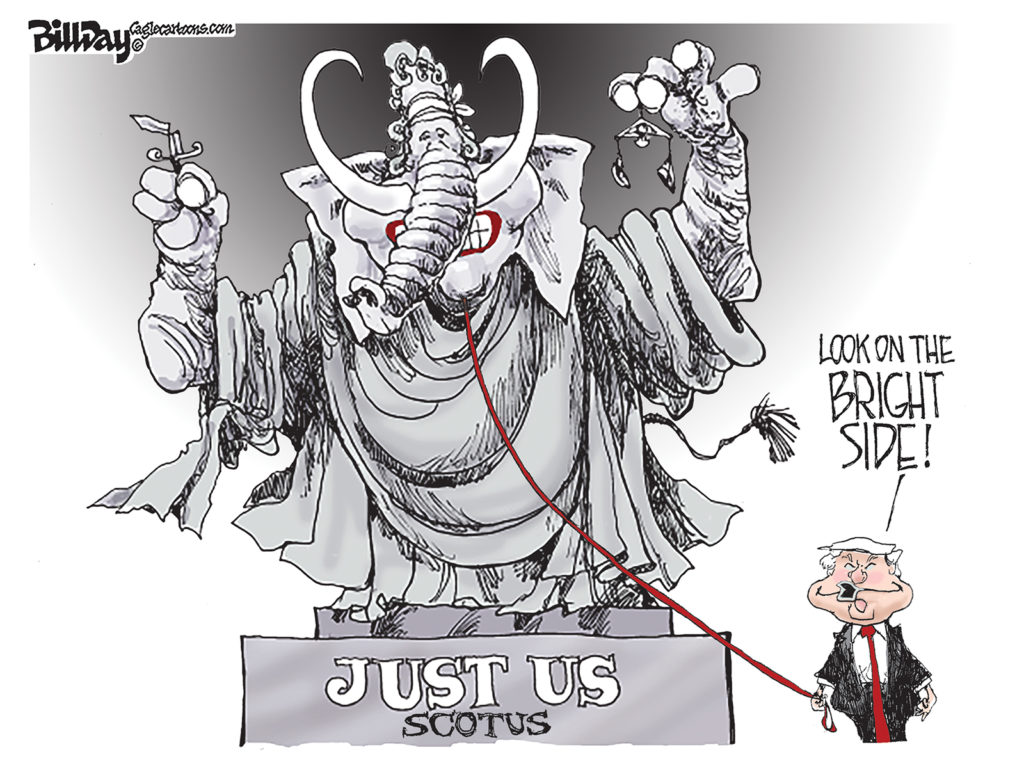
The importance of increasing the college attainment was on the marquee at FedEx Institute of Technology tonight and the stars turned out to put it front and center on the city’s agenda.\
Last night, Leadership Memphis announced that the 30-year-old organization has set increasing college attainment as its priority.
It was an especially gratifying evening for us since we have been preaching the gospel on this issue since we cranked up this blog in 2005. As we have frequently written, if Memphis can increase the percentage of college educated people here by 1%, or 8,002 people, it produces $1 billion in economic impact.
Putting Us on the Map
Among the 51 largest metros, Memphis is #47 in percentage of college-educated residents, and whether we are successful in increasing this percentage will largely determine if we are successful in today’s economy and whether we can break out of our cycle of low-wage, low-skill jobs.
“if we can achieve this 1%, we’ll have the all eyes on us – foundations, economic development officials, and the White house – and people will be coming here to find out how we did it,” said our colleague Carol Coletta, president/CEO of CEOs for Cities in Chicago. Her organization’s research on this issue has been quoted by the White House Office on Urban Affairs and Vice-President Joe Biden.
She added that if Memphis “does business as usual” and trends continue, Memphis will lose 4% of its 25-34 year-old college-educated residents every year. “We really need to be adding 1% to 4% and not just develop 1%,” she said, emphasizing that 58% of a city’s success is linked to this percentage.
Talent Dividend
Ms. Coletta has conducted Talent Dividend meetings in conjunction with city mayors and business leaders in about 30 cities. If all of the nation’s 51 largest metros increased their college attainment by 1%, the U.S. economic impact would be $124 billion.
Leadership Memphis president/CEO David Williams, whose passion about the issue inspired the organization’s new priority, said that the 1,600 member organization would embark on an ambitious multi-year program with a three-pronged program: 1) increase college access, 2) increase completion rates, and 3) increase college re-enrollment.
Pledging their support to the Leadership Memphis program were Memphis Mayor A C Wharton, University of Memphis President Shirley Raines, Memphis City Schools Superintendent Kriner Cash, Memphis City Schools Commissioners Tomeka Hart and Martavius Jones, BRIDGES President Jim Boyd, Memphis Chamber President John Moore, Rhodes College President William Troutt and others.
Making the Pledge
“The Talent Dividend boils down to one thing: the importance of investing in people,” said Mayor Wharton. “The Talent Dividend has great implications on attracting business and jobs across the community. The impact will be transformative – and this is a word I don’t usually use – and it will come from all the things that we do to achieve the 1%.”
Adding that the Talent Dividend will honor Memphis’ heritage of innovation, the mayor told us that the Mayor’s Office on Talent Development and Human Capital – a major plank of his campaign for mayor – will support and work with Leadership Memphis as it launches its comprehensive plan of action.
Superintendent Cash commended Leadership for taking the “bold, right step so more students move through the K-12 pipeline ready for college.” He said his Cradle to Career Pipeline program and the new teacher effectiveness program funded by the Gates Foundation will work closely with Leadership Memphis on its college attainment goals.
“We value high quality teachers,” he said. “High quality teachers create high quality students who are prepared to work at high quality jobs.”
The Starting Gate(s)
Supt. Cash then introduced a special guest, Colleen Oliver, representing the Gates Foundation, which approved a $90 million grant to be matched by $56 local and school board funding. “We are really pleased and honored to partner with your community,” said Ms. Oliver. “We have a lot of common goals and this (college attainment) is another emphasis we strongly endorse.
“So many things in your community are aligned. We look forward to learning more and partnering with Leadershp Memphis to prepare students for college.”
Memphis is faced with some hard choices, most notably what it will take to compete in the global economy and what it will take to wean economic development from cheap labor and cheap land mantra. If nothing is changed, one thing is certain: Memphis will be relegated to the also-rans of American cities, the cities that could never seem to get their acts together in the face of transformative changes.
Now or Never
In this new world, the focus of economic development must be on talent – how to attract it, how to educate it, and how to retain it. The stakes have never been higher, and there couldn’t be a better time to take this strong step forward.
After averaging a loss of 3 college-educated residents a day for the past 19 years, it’s not that there couldn’t be a better time. It may be our last chance.


Every student college bond.
Or maybe – Every student college bound.